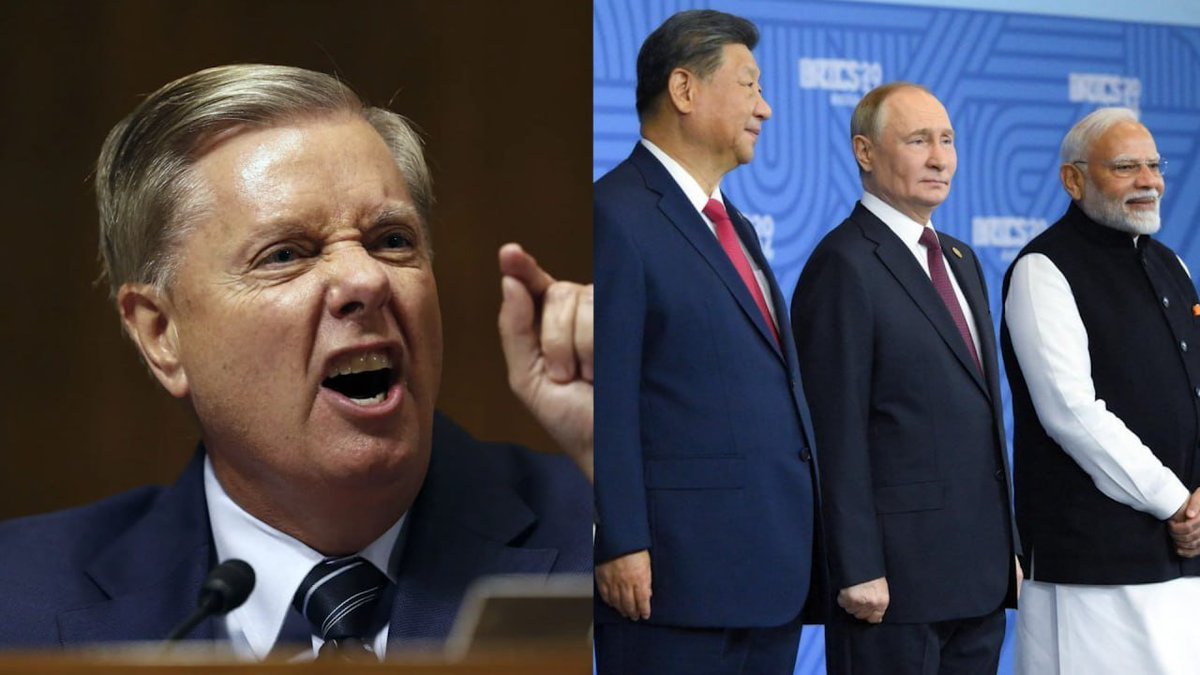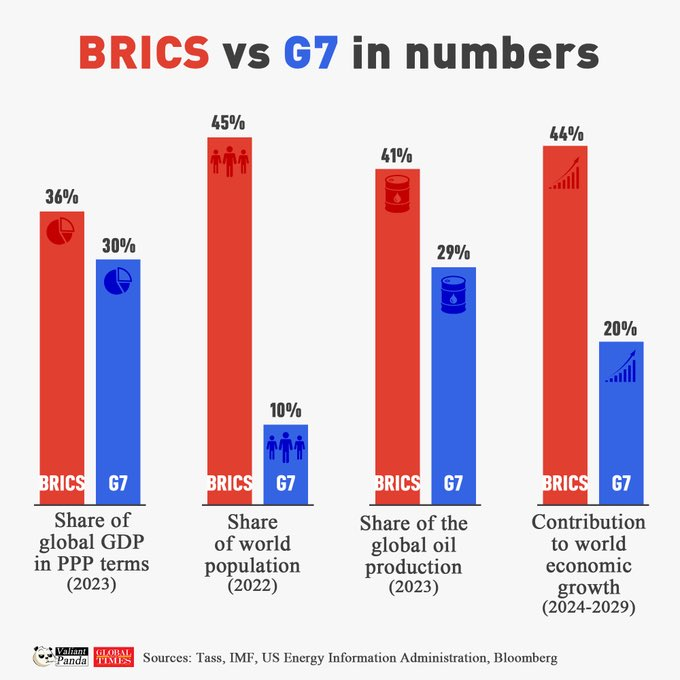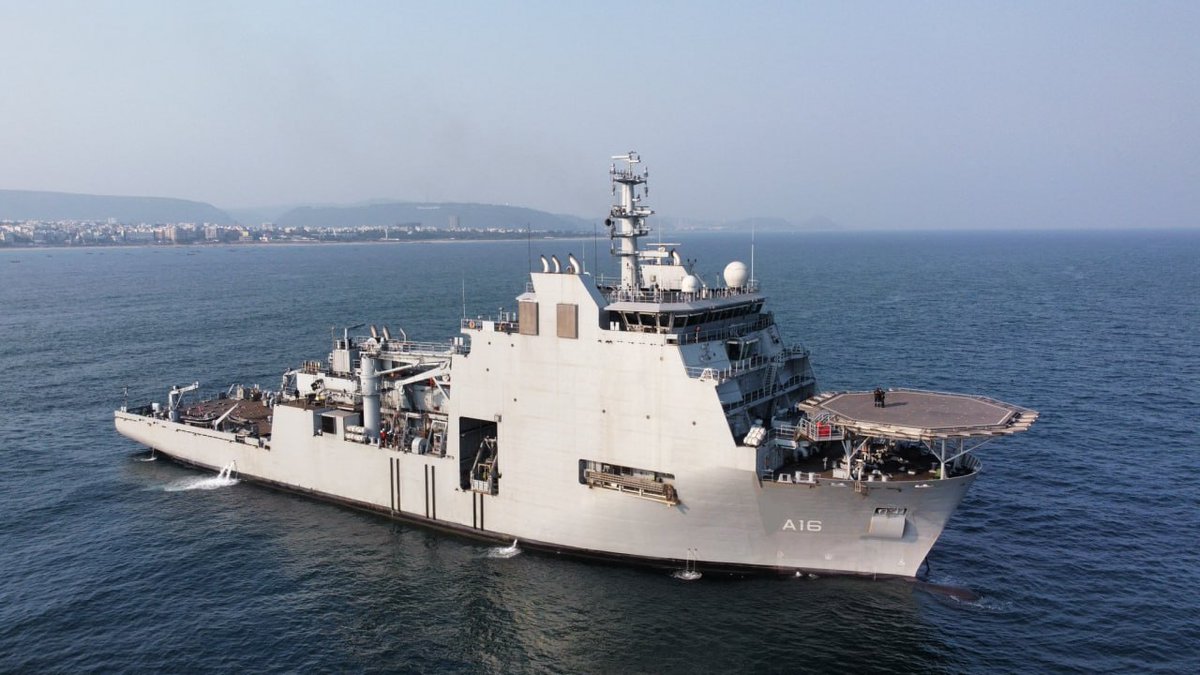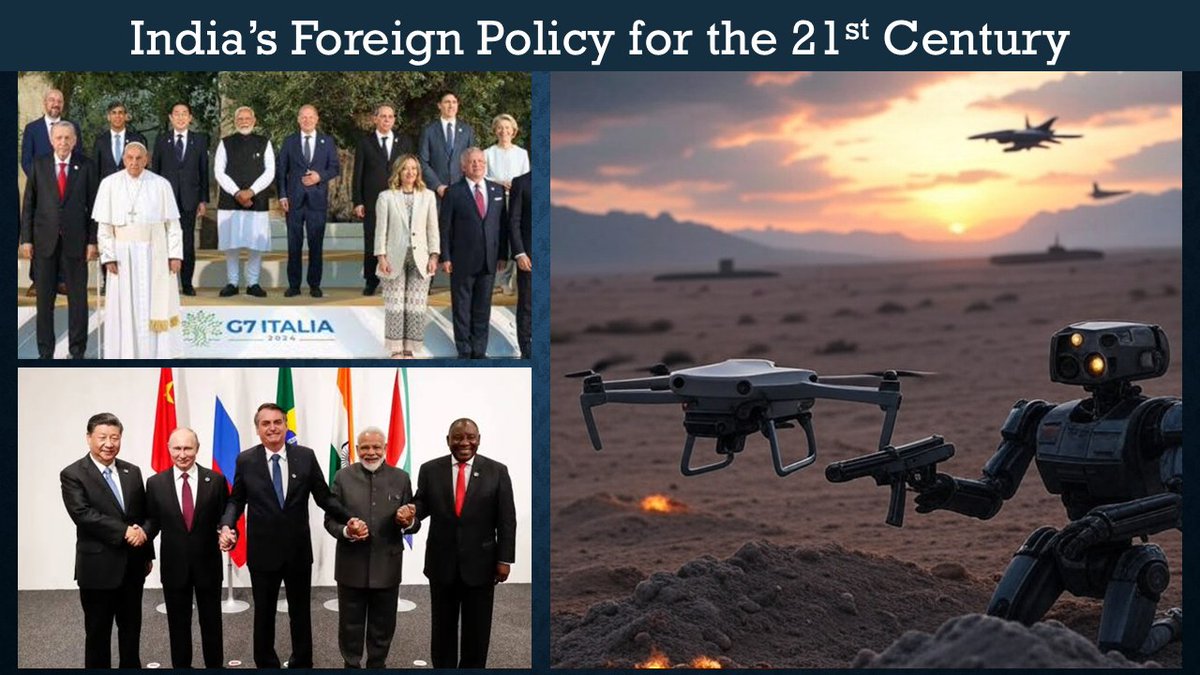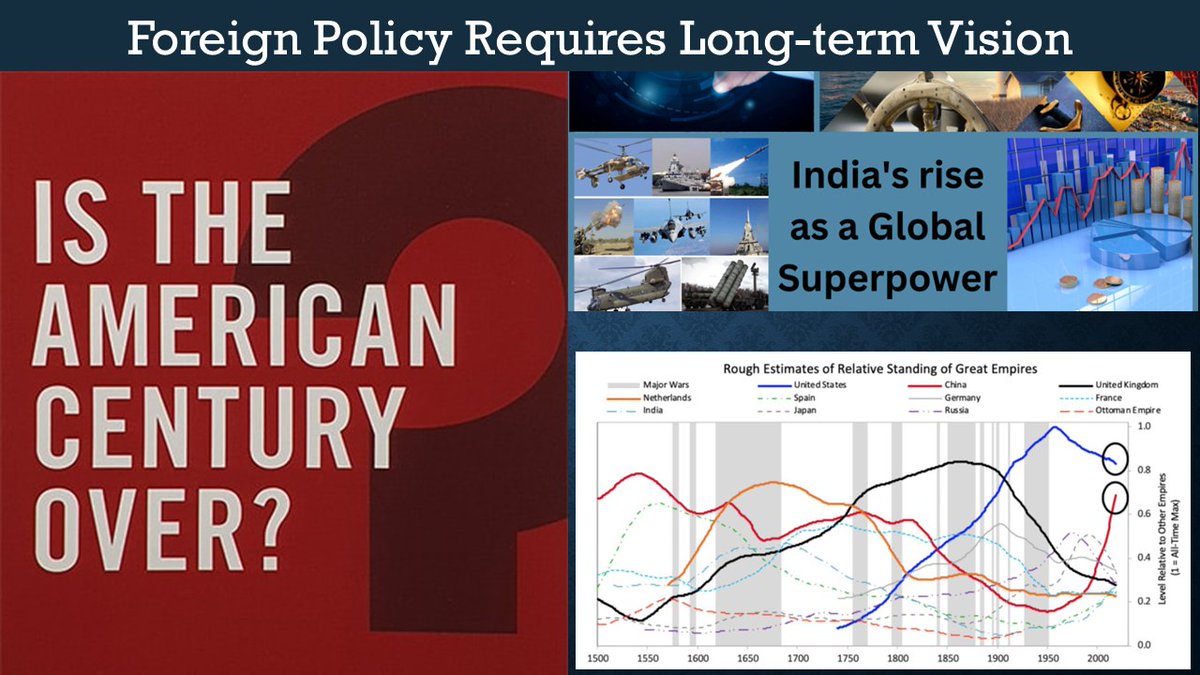🚨🇮🇳🇺🇸 INDIA’S 'NO THANKS' THAT SHOOK U.S.
From nuclear tests to the Russian S-400 deal, when it comes to standing up to US pressure, India plays hardball — and wins.
Here are moments when India SHOWED ITS TEETH 🧵👇
From nuclear tests to the Russian S-400 deal, when it comes to standing up to US pressure, India plays hardball — and wins.
Here are moments when India SHOWED ITS TEETH 🧵👇
https://twitter.com/Sputnik_India/status/1947193263540056236
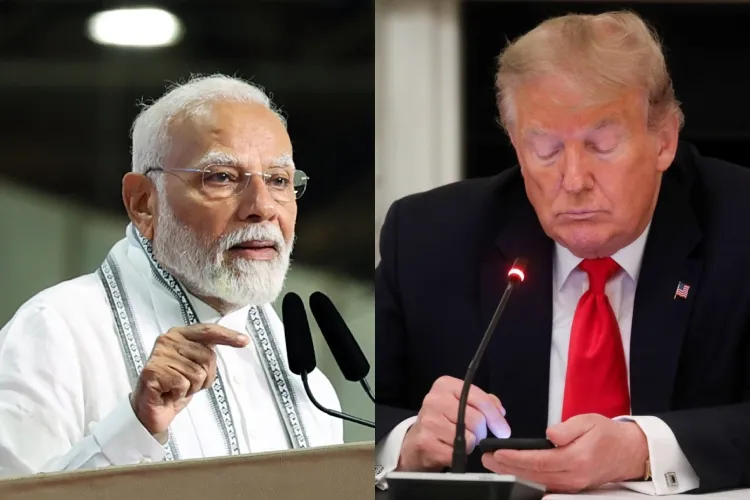
🇮🇳🇺🇸INDIA'S RESPONSE TO U.S. TARIFF PRESSURES
During his trip to Qatar, Trump claimed that India had offered to eliminate all tariffs on US goods.
EAM Jaishankar responded by stating that such claims were "premature" and emphasised that any trade deal must be mutually beneficial.
2/7
During his trip to Qatar, Trump claimed that India had offered to eliminate all tariffs on US goods.
EAM Jaishankar responded by stating that such claims were "premature" and emphasised that any trade deal must be mutually beneficial.
2/7
🇷🇺 S-400 DEAL
Despite US threats and warnings, India went ahead with the Russian S-400 deal in 2018. US blinked — no sanctions imposed.
The recent India-Pakistan escalation demonstrated exactly why India needed that Russian defense system.
3/7
Despite US threats and warnings, India went ahead with the Russian S-400 deal in 2018. US blinked — no sanctions imposed.
The recent India-Pakistan escalation demonstrated exactly why India needed that Russian defense system.
3/7
🇮🇳 NUCLEAR SOVEREIGNTY (1998)
Despite US sanctions after Pokhran-II nuclear tests, India refused to sign the Comprehensive Test Ban Treaty (CTBT).
It held its ground, and eventually, the US came around with the Indo-US nuclear deal (2008) — on India’s terms.
4/7
Despite US sanctions after Pokhran-II nuclear tests, India refused to sign the Comprehensive Test Ban Treaty (CTBT).
It held its ground, and eventually, the US came around with the Indo-US nuclear deal (2008) — on India’s terms.
4/7
🇮🇷 CHABAHAR PORT
While US pressured countries to isolate Iran, India kept investing in Chabahar port for access to Afghanistan & Central Asia.
5/7
While US pressured countries to isolate Iran, India kept investing in Chabahar port for access to Afghanistan & Central Asia.
5/7
🇷🇺 RUSSIA OIL IMPORTS
Following the Ukraine conflict , India significantly increased its imports of Russian oil despite US and EU pressure. Secured energy needs.
6/7
Following the Ukraine conflict , India significantly increased its imports of Russian oil despite US and EU pressure. Secured energy needs.
6/7
❌ NO TO NATO-LINKED ALLIANCES
India participates in the QUAD with the US, Japan, and Australia but carefully avoids formal military alliances or joining NATO-linked structures.
7/7
India participates in the QUAD with the US, Japan, and Australia but carefully avoids formal military alliances or joining NATO-linked structures.
7/7
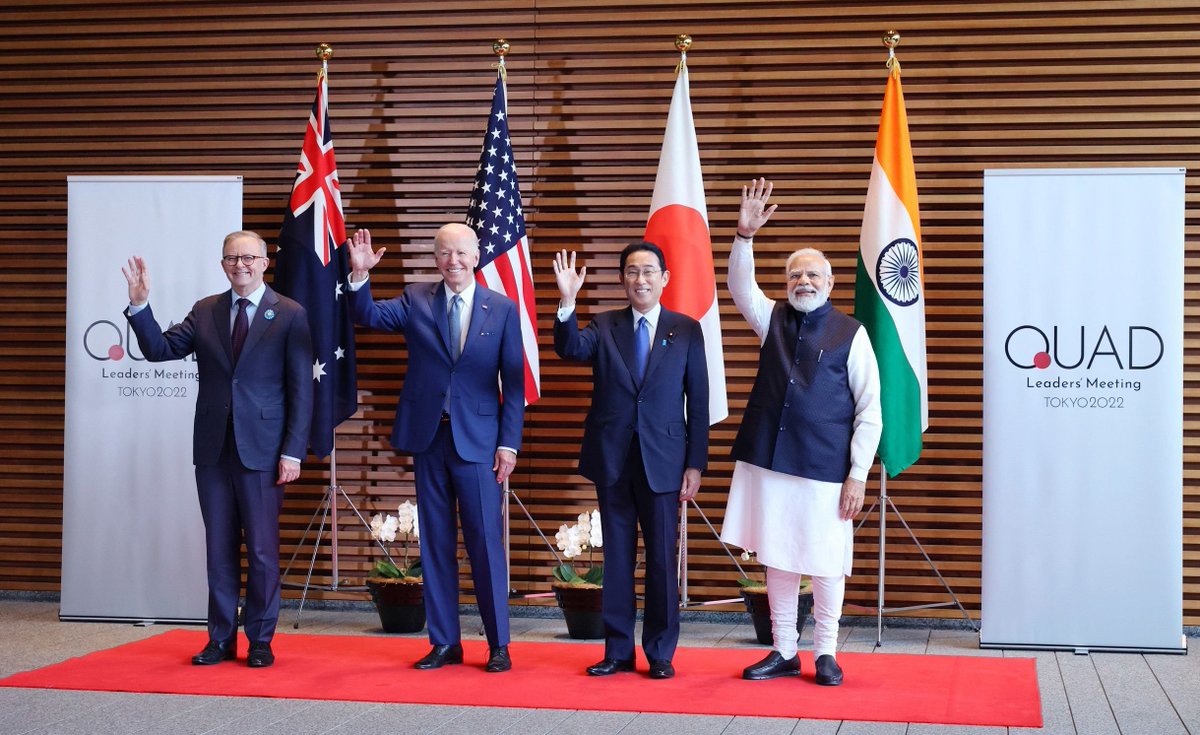
• • •
Missing some Tweet in this thread? You can try to
force a refresh


